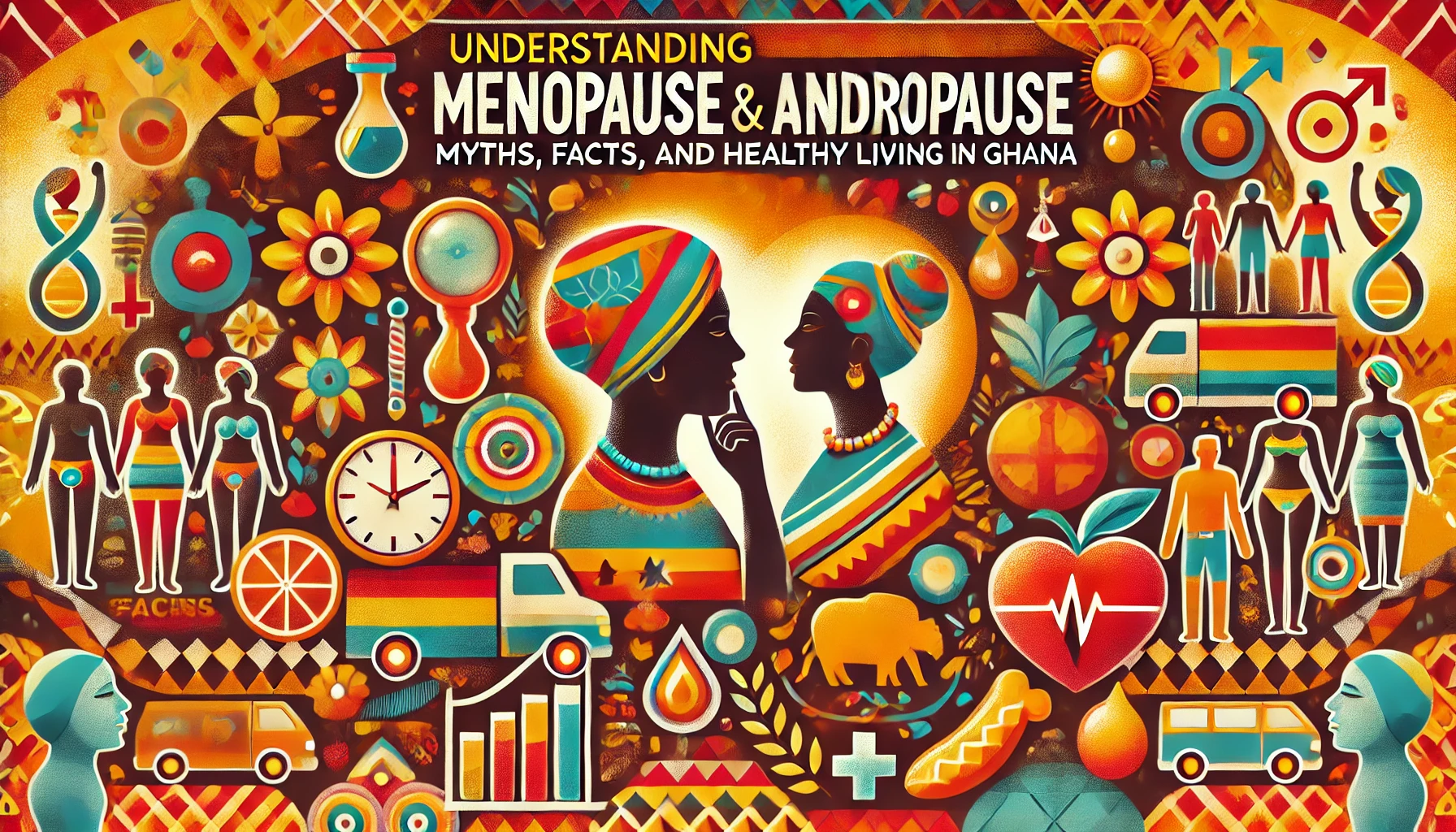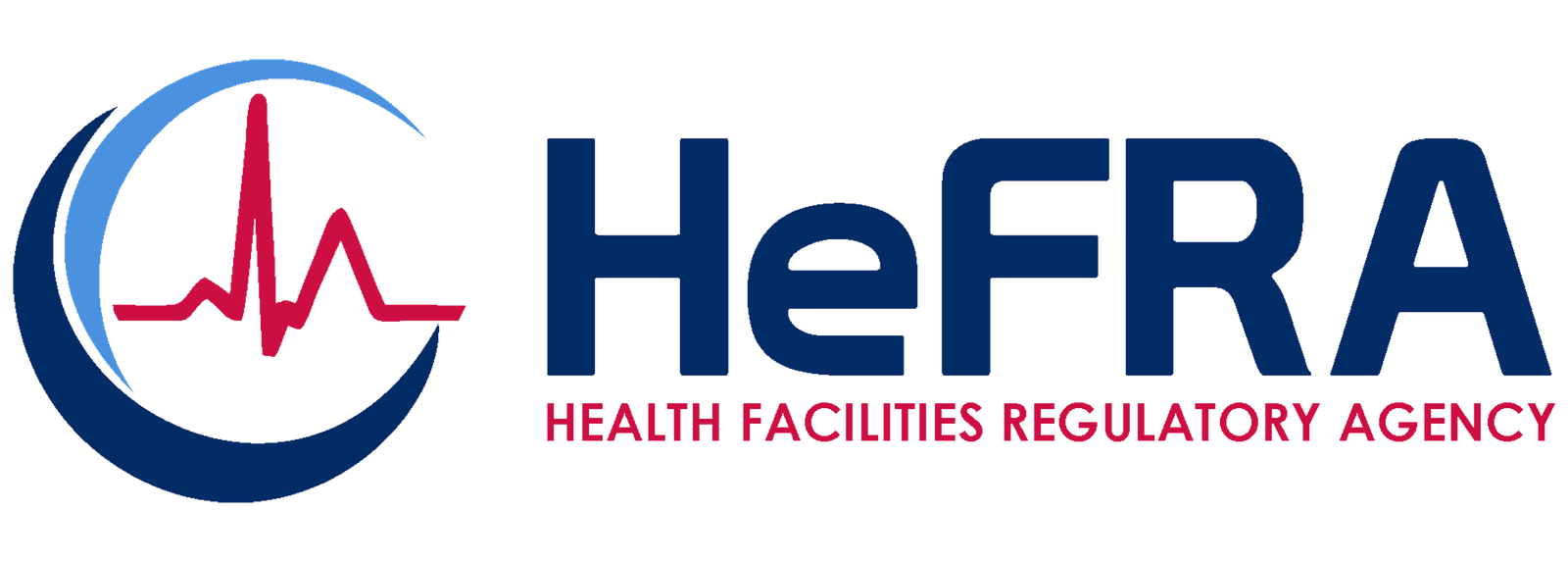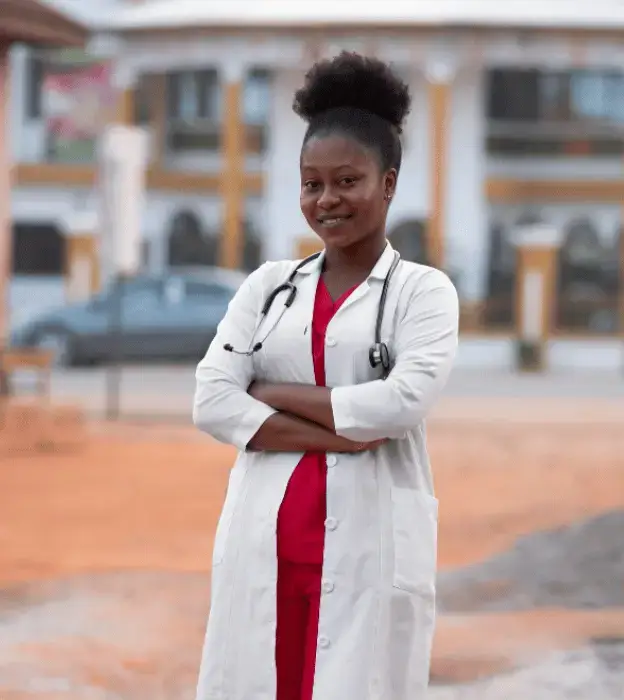
The Ultimate Face-Off 🥊: Menopause vs Andropause – Facts, Fixes & Freedom
1. What Is Menopause?
Definition
- Menopause is the stage in a woman’s life when her ovaries stop releasing eggs every month, and menstrual periods cease. It is diagnosed after going 12 consecutive months without a period.
- In Ghana (and elsewhere), menopause often happens between ages 45 and 55, but it can start earlier or later.
How Menopause Occurs
- Over time, the ovaries produce lower levels of the hormones oestrogen and progesterone. When these levels fall, menstrual cycles become irregular and eventually stop.
- The drop in oestrogen affects many parts of the body, including bones, the brain, and skin, which is why menopause can have widespread symptoms.
Images are only illustrative; may not pass an academic critique
Signs and Symptoms of Menopause
- Hot flashes/night sweats: Sudden feelings of heat, which can be more noticeable at night, affecting sleep.
- Irregular periods: Menstrual cycles may become more spaced out, heavier or lighter, until they stop.
- Mood changes: Feelings of anxiety, depression, or irritability—though not all women experience this.
- Vaginal dryness: Can lead to discomfort, especially during sexual activity.
- Bone loss/osteoporosis risk: Loss of bone density can increase the risk of fractures over time.
- Changes in sleep patterns: Some women develop insomnia or find it harder to sleep through the night.
- Weight gain or ‘menopause belly’: Hormone changes can lead to storing more fat around the waist.
Images are only illustrative; may not pass an academic critique
Common Concerns and Questions
- Are menopause symptoms hereditary or genetic?
- Menopause onset can be influenced by genetics—if your mother or close relatives experienced menopause early or late, you might follow a similar pattern. However, lifestyle factors also play a big role.
- Are menopause symptoms permanent?
- Some symptoms (like hot flashes) usually improve over time. However, once menopause is reached, the low hormone levels remain. As a result, certain long-term effects (such as lower bone density) continue unless treated or managed.
- Are menopause symptoms similar to pregnancy?
- Some early menopausal signs (like missed periods, fatigue, mood swings, breast tenderness) can feel similar to pregnancy. If in doubt, consult a healthcare professional for a proper evaluation.
- Are menopause test kits accurate?
- Over-the-counter test kits measure hormone levels in urine or saliva. They can give you an idea, but they are not always conclusive. A doctor’s blood test and clinical evaluation are more reliable.
- Can menopause be reversed?
- No. Menopause is a natural, permanent biological stage. It cannot be reversed, but certain symptoms can be managed with lifestyle changes or medical treatments.
- When does menopause start and end?
- It usually starts in a woman’s mid-to-late 40s or early 50s, though it can begin earlier (as early as 30 in rare cases). It is generally considered “complete” after 12 months without a period, but perimenopause (the transition period) can last several years.
- Where does menopause come from (the term)?
- The term comes from Greek words meaning “pause of menses.” In practice, it refers to the end of fertility in a woman’s life.
2. What Is Andropause?
Definition
- Andropause, sometimes called the “male menopause,” refers to the gradual decline in testosterone levels in men, typically starting in their 40s or 50s.
- The process is usually more subtle than menopause, and not all men experience noticeable symptoms.
How Andropause Happens
- Men’s bodies produce testosterone throughout life, but with age, the production gradually slows down. Changes in other hormones and overall health (including weight, stress, or chronic illness) can also contribute.
Images are only illustrative; may not pass an academic critique
Signs and Symptoms of Andropause
- Lower sex drive and potential erectile difficulties.
- Fatigue and reduced energy.
- Mood changes, including irritability, depression, or anxiety.
- Loss of muscle mass or increase in body fat (especially around the waist).
- Reduced strength and stamina.
- Hot flashes can occur in men with significantly lowered testosterone levels, though it is less common than in women.
Common Concerns and Questions
- Can andropause be reversed or prevented?
- Testosterone levels naturally decline; this process cannot be fully reversed. A healthy diet, exercise, reduced stress, and sometimes medical interventions (like hormone replacement) can ease symptoms.
- How long does andropause last?
- Andropause tends to progress gradually over many years. Unlike menopause, there is no single date marking its end.
- Does every man experience it?
- Not every man will notice major symptoms. The degree of hormonal change differs from person to person.
- Who treats andropause?
- Typically, a man can see a general practitioner or endocrinologist. In Ghana, certain clinics also specialize in men’s health and can guide on hormone-related concerns.
Images are only illustrative; may not pass an academic critique
3. Comparing Menopause and Andropause
| Aspect | Menopause | Andropause |
| Main Hormone Change | Sharp decline in oestrogen & progesterone | Gradual decline in testosterone |
| Typical Age Range | 45–55 (earlier or later for some) | 40s–50s (but can extend beyond this range) |
| Symptom Onset | Often more sudden (perimenopause can last years) | Usually gradual |
| Reproductive Ability | Marks end of fertility (no more periods) | Fertility can decrease, but men can sometimes still father children at older ages |
| Diagnostic Marker | 12 months with no menstrual period | No single marker; blood tests (testosterone levels) and clinical symptoms help |
Both menopause and andropause can impact mental health, mood, sexuality, and overall well-being.
4. Myths and Misconceptions in Ghana
- “Menopause/Andropause is a curse or spiritual attack.”
- Reality: Both are natural changes, not the result of curses. Hormone changes are part of aging.
- “Traditional potions or rituals can reverse menopause or andropause.”
- Reality: There is no proven cure to reverse these stages. Herbal or traditional remedies might help with certain symptoms (such as hot flashes or low energy) if they are safe, but always consult a trained healthcare professional first.
- “Menopause means women are too old for normal life.”
- Reality: Many women lead active, healthy lives well after menopause. Lifestyle changes and treatments can help manage symptoms.
- “Andropause doesn’t exist—men don’t experience such changes.”
- Reality: Though not as sudden, men’s testosterone levels do decline, and some men experience symptoms that can affect their health.
5. Complications and Health Concerns
- Osteoporosis (in Women)
- Lower oestrogen levels can weaken bones. Regular exercise (especially weight-bearing), calcium-rich foods, and vitamin D help maintain bone health.
- Cardiovascular Health
- Hormonal changes can affect the risk of heart disease for both men and women. Maintaining a healthy weight, exercising, and controlling blood pressure are vital.
- Mental Health
- Anxiety, depression, mood swings, or irritability may arise. In men, low testosterone can contribute to similar issues.
- Seek help from mental health professionals if these feelings persist or worsen.
- High Blood Pressure
- Blood pressure can rise as we age. Routine check-ups are important, and any new or worsening blood pressure issues should be addressed promptly.
- Sexual Health
- Menopause can lead to vaginal dryness and discomfort, impacting sexual activity. Meanwhile, men may experience erectile dysfunction or lower libido during andropause.
6. Practical Tips for Coping
- Healthy Lifestyle
- Balanced Diet: Eat plenty of fruits, vegetables, whole grains, and lean proteins. Limit fried foods, sugary drinks, and excess salt.
- Exercise: Regular walking, jogging, dancing, or other activities can reduce hot flashes, improve mood, manage weight, and strengthen bones.
- Stay Hydrated: Drinking enough water helps with temperature regulation and overall health.
- Medical Check-ups
- Regular Screenings: Monitor blood pressure, cholesterol, blood sugar, and for women, consider bone density scans if recommended.
- Blood Tests: In men, if andropause symptoms are suspected, check testosterone levels. For women, if menopause timing or symptoms are uncertain, your doctor may suggest testing hormone levels.
- Stress Management
- Relaxation Techniques: Prayer, meditation, gentle stretching, or breathing exercises.
- Social Support: Share experiences with friends, family, or support groups. For men and women, it helps to know you are not alone.
- Seek Professional Guidance
- Doctors and Specialists: Consult a healthcare provider before starting any supplements or hormonal therapy.
- Beware of Unproven Treatments: Many “miracle cures” or unverified claims from traditional healers lack evidence and can do more harm than good.
- Consider Supplements Wisely
- Some herbal or nutritional supplements might help (for example, calcium and vitamin D for bone health, or black cohosh for hot flashes). However, always check if they are safe and effective.
- Are menopause/andropause supplements worth it? They can be helpful in certain cases, but not all. Discuss with a doctor or licensed pharmacist.
7. Addressing FAQs at a Glance
- Are menopause symptoms worse at night or in the morning?
- Hot flashes can happen any time, but night sweats are particularly common and can disrupt sleep.
- Are menopause and andropause real?
- Yes—both are recognized medical phenomena related to hormonal changes.
- Can men or women still have children?
- Women cannot conceive naturally after menopause. Men may still father children but might have reduced fertility in andropause.
- Can it start at age 30?
- Early menopause can occur due to genetics, surgeries (like removal of ovaries), certain medical treatments, or health conditions. Andropause rarely starts in the early 30s but hormonal declines can begin at different ages.
8. Conclusion
In Ghana, menopause in women and andropause in men are natural life phases—not curses or punishments. They stem from hormonal changes that can affect mood, energy, and overall health. While these transitions can be challenging, understanding them is the first step toward managing symptoms effectively.
- Lifestyle adjustments (healthy eating, exercise, stress management) play a big part in easing discomfort.
- Medical treatments or hormone therapies may help when symptoms are severe, but they should be guided by a healthcare professional.
- Myths and unproven claims from some traditional healers can cause confusion. Instead of relying on unverified cures, it’s safer and more beneficial to seek guidance from qualified medical staff, especially for ongoing or severe symptoms.
By embracing accurate information and getting the right support, both women and men in Ghana—and worldwide—can maintain fulfilling, healthy lives throughout and beyond these phases. If you have concerns, do not hesitate to speak with a doctor, nurse, or other trained professional in your community. You deserve to have all your questions answered and to feel supported as you navigate this natural chapter of life.
- Fibroids and The Ghanaian Woman: Simple Steps to Protect Your Womb 👩💖🎈
- 🩸 Sacred Cycles: A Ghanaian Woman’s Guide to Menstrual Health & Pride
- 🧓🏿 Elders in Crisis: Understanding Alzheimer’s among Ghanaians 👵🏿👴🏿
- 😟 Pressure & Peace: 🌿🕊️Navigating Ghana’s Traditional & Modern Stressors
- Health Insurance Policies in Ghana for the Ordinary Ghanaian: A Complete Guide 🏥💊🛡️

We Love to Educate for Free
But please do not self-medicate as wrong doses of even correct medications can cause serious complications like kidney failure and even death. You can talk to a LICENSED health professional (including medical doctors, specialists, physician assistants, clinical psychologists, nutritionists/dieticians, medical herbalists, etc) by downloading the Deluxe Hospital app here:










